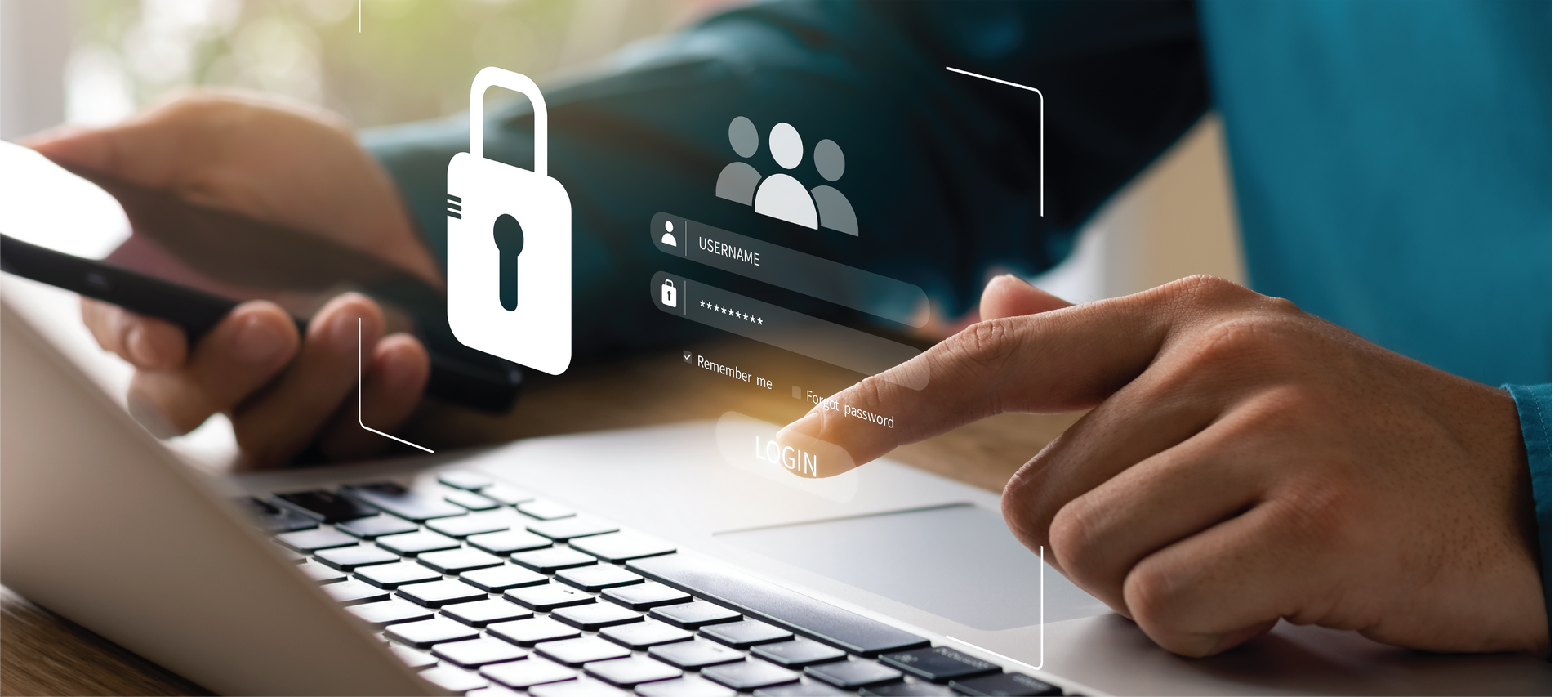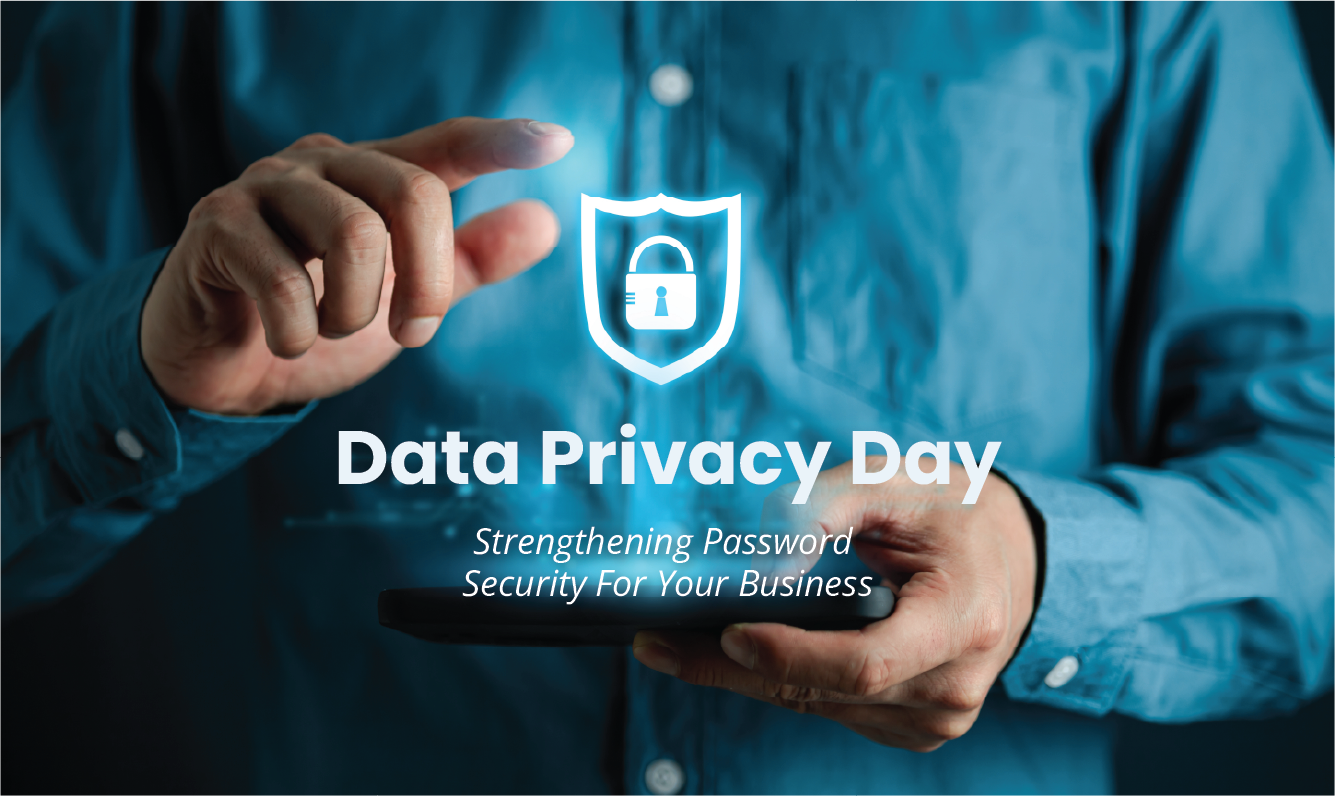The Hidden Cost of Tax Season: Why Your Business Needs Cybersecurity
Tax season isn’t just stressful—it’s also prime time for cybercriminals. While you’re focused on gathering financial records and filing reports, hackers are looking for ways to steal sensitive tax data. And let’s be real, dealing with a cyber breach on top of tax season? That’s a horror story no business owner wants to experience.
Here’s why cybersecurity should be a top priority this tax season and what you can do to protect yourself.
1. Tax Season = Cybercriminal Super Bowl
Hackers know that businesses are exchanging sensitive documents, logging into financial accounts, and handling high-value data during tax season. That makes March-April one of the busiest hacking seasons of the year.
🚨 Common tax season cyber threats:
- Phishing scams – Fake emails pretending to be the CRA, IRS, or accounting firms.
- Fake tax software downloads – Malware disguised as “free tax tools.”
- Business email compromise (BEC) – Hackers impersonate your accountant to request payments or info.
Tech Tip: If you get an urgent email requesting financial details, verify it with a phone call before responding.
2. Data Breach? That’ll Cost You (A Lot)
If your tax documents get compromised, the cost isn’t just financial—it’s reputational. Small and medium-sized businesses are at higher risk because hackers assume they have fewer security measures in place.
Potential costs of a tax-related data breach:
- Fines & penalties for mishandling financial records
- Legal fees from clients or employees affected
- Ransomware payments if cybercriminals lock you out of your own data
- Loss of customer trust – No one wants to do business with a company that can’t protect its data.
3. How to Protect Your Tax Data Like a Pro
- Use secure document storage – Cloud services like Google Drive & OneDrive are great, but always use two-factor authentication.
- Encrypt everything – Use password protection for PDFs and encrypt sensitive emails.
- Limit access to financial records – Not everyone in the office needs access to tax files! Set permissions accordingly.
- Train your employees – Educate staff on how to recognize phishing scams and security risks.
4. Backups & Disaster Recovery: Your Safety Net
No matter how secure your system is, backups are your insurance policy against cyberattacks.
Use the 3-2-1 rule:
- 3 copies of your data
- 2 different storage locations (cloud + local)
- 1 copy off-site (external drive, secure server)
Final Thoughts: Cybersecurity is Just as Important as Accounting During Tax Season
If you’re handling any sensitive tax documents, cybersecurity should be part of your tax season checklist. A data breach can cost far more than just late penalties—it can put your entire business at risk.
Want to secure your tax documents and protect your business? NextGen Automation has cybersecurity solutions to keep your data safe!




